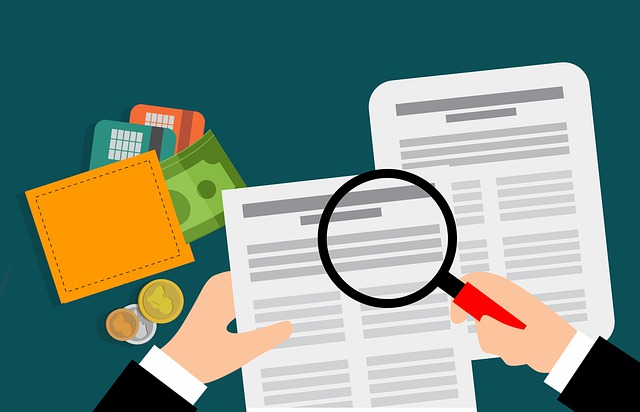Handling a credit card requires a bit more discipline than that of a debit card. Often people have a lot of queries regarding the working of a credit card and its utility. It needs prior knowledge of the interest rate and steps to follow so as you do not fall into an inescapable trap of dues. Today we shall go about elaborately on all the factors that are involved in determining your credit card interest.
What Is Credit Card Interest and When Do You Pay It
A credit card is used to make a purchase which does not require you to pay the money right away but instead borrow from the credit card issuer. This amount has to be paid within a certain billing circle. In case you fail to pay the full amount, the company charges interest on the principle.
The interest rate of your credit card is determined by a standard interest rate called the Annual Percentage Rate, or APR. Although the credit card interest rate is calculated on a yearly basis, it is used for calculating short term interests as well. The interest rate varies from person to person depending on their credit ratings. If you have a reckless credit history, you may be charged with a higher interest than if you are one of them who pay their bills diligently. Thus it is always advisable to pay your bills within the stipulated period.
Interest can simply be calculated by employing the mathematical method of finding compound interest. That is, once interest is attached to your principal amount, the next interest will be charged on the combined amount of your principle and added credit. This goes on until you have cleared all your dues.
How Long Do You Have To Pay Interest
To avoid an outstanding amount, you must clear your bills within the credit-free period. Once that entire amount is cleared, you can make another purchase without any interest. It will be a fresh entry into your accounts and will be eligible for its own credit free period.
In case you make one or more purchases prior to clearing your outstanding debts, you will still have to pay your interest.
What Is Revolving Credit Facility
A revolving credit facility is a deferred payment facility which enables the credit cardholder to pay a small amount to be allowed to repay the outstanding amount slowly over a period of time. It may seem tempting but in the long run, it only adds on to your bill. The interest is issued on the entire outstanding amount until you pay it off completely. So in simple words, you may bag yourself some time to clear your dues but all the while you have to keep paying the interest on the whole amount.
Different Types of Interest Rates
There are three major types of interest rates for credit cards namely variable interest rates, fixed interest rates and promotional interest rates
The variable interest rate or floating interest rate is the type which keeps fluctuating over time because it is regulated by various underlying factors of the entire financial market. The annual percentage rate of a variable-interest-rate credit card is tied to a particular interest. The rates can change without any advance notice to the cardholder.
In case of a fixed interest rate credit card, the interest cannot fluctuate except for special conditions like late payment and outstanding amount or if the promotional rate has expired. It generally remains the same for the entire time you hold the credit card. In case the credit card issuer wants to raise its interest rate, you will be sent a 45-days advance notice prior to the alteration coming in effect. You may then decide to opt-out of the new terms and have to clear all your debts with the original interest.
The promotional interest rate is a lower rate of interest which is offered by your credit card for a short period of time as a part of the company’s promotional campaign. Once the promotional period expires, you are entitled to the elementary interest scheme of the company. It is generally offered to new cardholders but sometimes extended to existing credit card users as well.
How to Overcome the Burden Of Credit Card Interest
The interest levied on a credit card is not a small one. Thus paying off the principal amount should always be your priority. In case you find yourself in a fix and unable to make a payment, you can easily convert your big transactions into multiple smaller EMIs (equated monthly installments). This will enable you to clear your debts without straining your financial planning. Also, you must at once stop using your credit card for further purchase.
If you are an impulsive buyer and cannot overcome your temptation to spend money, you may request the issuer to lower your credit limit. This way you will be bound to spend within your means.
It is advisable to be aware of the working of a credit card before getting one and spending recklessly. Only by being acquainted with the interest rules and regulations can you benefit fully from a credit card service.


